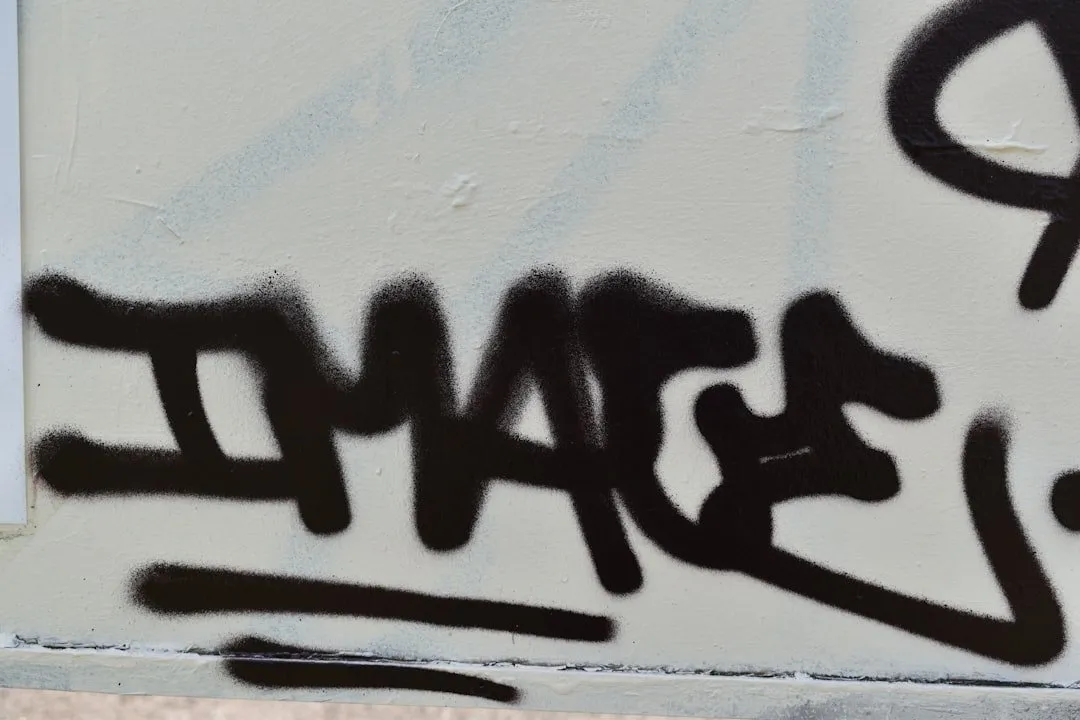Chronic inflammation, linked to conditions like arthritis and heart disease, demands natural solutions. Red Bali and Maeng Da kratom strains offer potential anti-inflammatory relief through unique chemical compositions. Red Bali, known for its calming effects, may have higher levels of the anti-inflammatory compound 7-hydroxymitragynine, while Maeng Da, energizing due to mitragynine, is potent in pain and inflammation reduction. Both strains provide distinct benefits for managing inflammation, with individual preferences guiding choice between them.
Inflammation is a natural process, but chronic inflammation can lead to various health issues. This article delves into the potential of kratom supplements as a natural anti-inflammatory agent. We’ll explore two popular strains, Red Bali and Maeng Da, comparing their properties and examining the science behind their effectiveness. By understanding these factors, you can make informed decisions about using kratom for inflammation reduction.
- Understanding Inflammation and Its Impact on Health
- Exploring Kratom Supplements: Red Bali vs Maeng Da
- The Science Behind Kratom's Anti-Inflammatory Properties
Understanding Inflammation and Its Impact on Health

Inflammation is a natural process that plays a crucial role in our body’s defense mechanism, helping to fight off infections and repair damaged tissues. However, chronic inflammation can have detrimental effects on overall health. It’s like a constant state of alert, where the body’s immune system becomes overactive, leading to various health issues. This prolonged activation can result in conditions such as arthritis, heart disease, and even cognitive decline.
Understanding inflammation is essential when considering natural remedies like kratom supplements. For instance, Red Bali Kratom and Maeng Da Kratom, both popular strains, have been studied for their potential anti-inflammatory properties. Research suggests that these kratom varieties may offer relief from chronic pain and inflammation by interacting with the body’s opioid receptors and modulating pain signals. While more studies are needed, particularly comparing Red Bali vs Maeng Da in this context, the initial findings highlight the potential benefits of kratom as a natural alternative for managing inflammation-related conditions.
Exploring Kratom Supplements: Red Bali vs Maeng Da

Kratom, derived from the plant Mitragyna speciosa, has gained popularity for its potential health benefits, including anti-inflammatory properties. Among the various kratom strains, Red Bali and Maeng Da are two notable varieties known for their distinct effects. Red Bali, as the name suggests, offers a calm and relaxing experience due to its higher content of 7-hydroxymitragynine (7-HMG), a potent analgesic and anti-inflammatory compound. This strain is often preferred for managing pain and reducing inflammation gently without causing drowsiness.
On the other hand, Maeng Da stands out for its energetic and stimulating effects. While it also contains 7-HMG, Maeng Da typically has higher levels of mitragynine, another active alkaloid. This makes Maeng Da more potent in terms of pain relief and inflammation reduction, especially for those seeking a more invigorating experience. The choice between Red Bali and Maeng Da depends on individual preferences and specific needs, as both strains offer unique benefits in the realm of inflammation reduction and overall well-being.
The Science Behind Kratom's Anti-Inflammatory Properties

Kratom, a natural herb native to Southeast Asia, has gained attention for its potential anti-inflammatory benefits. The scientific community has been exploring the mechanisms behind these effects, particularly when comparing strains like Red Bali kratom and Maeng Da. Research suggests that kratom’s unique chemical composition contributes to its ability to reduce inflammation. The primary bioactive compounds in kratom, known as mitragynine and 7-hydroxymitragynine, interact with various molecular pathways involved in the body’s inflammatory response.
These compounds have been found to inhibit certain enzymes and receptors that play a role in inflammation, such as cyclooxygenase (COX) and vanilloid receptors. Red Bali kratom, known for its relaxing effects, may possess higher levels of these active compounds compared to Maeng Da, which is renowned for its energizing properties. This difference in composition could influence their respective anti-inflammatory activities, making Red Bali a potential choice for individuals seeking relief from chronic inflammation.
Kratom supplements, particularly Red Bali and Maeng Da varieties, offer a natural approach to managing inflammation. The scientific understanding of their anti-inflammatory properties is growing, making them a promising alternative for those seeking relief from chronic inflammation without harsh medications. When choosing between Red Bali and Maeng Da, considering your specific needs and tolerances is key, as each strain has unique effects. Further research and consultation with healthcare professionals can help navigate the potential benefits of kratom for inflammation reduction.














